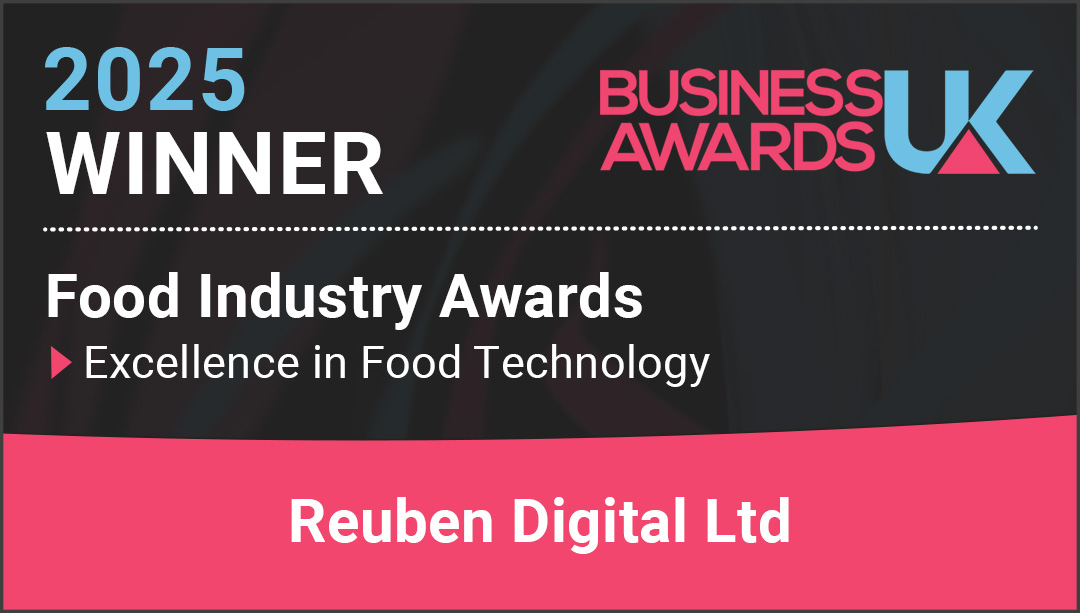What’s Your Technology Really Costing You?
 Written by
Written by Ray Stephens
The explosion of marketing technology has been staggering. The Martech Alliance values the global marketing technology industry at $344.8 billion, accounting for 23% of marketing budgets - and growing. It’s easy to see why. Businesses rely on tech to reach, engage, and retain digitally savvy customers. But are they getting the most from their investment?

Surprisingly, 65% of marketers admit their company isn’t leveraging their technology effectively. That begs the question: what is the real cost of inefficient technology? And how can businesses reboot their tech strategy to safeguard their future?
The Rising Pressure of a Digital Marketplace
The pandemic accelerated our digital lives. Customers now expect seamless, omnichannel interactions that feel personal, fast, and intuitive. At the same time, brands must cut through overwhelming noise to engage audiences meaningfully.
Meeting these demands requires technology that’s not only efficient but adaptable. Outdated or disconnected systems simply won’t keep up.
The Hidden Costs of Inefficient Technology
1. Poor Customer Experience Means Lost Business
Speed and convenience are everything. Slow systems, downtime, or frustrating user experiences push customers away. According to PwC, 32% of consumers will abandon a brand they love after just one bad experience.
Customers don’t care about the latest tech - they care about how it serves them. When we worked with the UK’s premier school uniform and book bag manufacturer, their outdated systems were stalling growth. We built a fully integrated eCommerce and back-office system, resulting in an 80% increase in operational output and a far better customer experience.
2. Decreased Productivity, Increased Costs
Outdated systems often mean inefficiencies, manual workarounds, and poor integration. This slows teams down, increases labour costs, and risks losing valuable data. In contrast, automation and well-integrated tech free up resources to focus on innovation.
For instance, our work with National Book Tokens focused on a long-term E-CRM strategy to boost customer engagement and sales. By optimising their systems, we helped them compete more effectively against online retail giants while supporting independent bookshops.
3. Cybersecurity and Compliance Risks
Businesses face 10,000 new malware threats every hour. Legacy systems, often unsupported by modern security software, are prime targets for cybercriminals.
Regulatory compliance is another critical concern. Data protection laws are tightening, and outdated tech can leave companies exposed to compliance failures and hefty fines.
4. Environmental Impact
Digital technologies currently contribute to 4% of global carbon emissions. Compare this to the much-maligned global aviation industry which actually only accounts for 2.4% of carbon dioxide emissions! More concerning is the energy consumption associated with the production and usage of our diverse range of web-connected devices is increasing at a rate of between 7-10% annually. Outdated and bloated technology simply adds to the problem.
Rewiring Your Tech Strategy
Many companies delay tackling tech issues due to fear of disruption, cost, or making the wrong move. But a strong tech strategy isn’t about buying the latest tools, it’s about aligning technology with business vision.
1. People First
Great technology should enhance customer experience and eliminate friction. Does your current tech help customers feel valued, supported, and understood? If not, it’s time to update, integrate, or invest.
Internally, even the best tech is useless if teams don’t know how to leverage it. Businesses need to upskill employees, recruit the right talent, or collaborate with experts to maximise their investment. And crucially, marketing, IT, and operations must work together, not in silos.
2. Plan with Purpose
Tech should serve your business values and goals, not just be a shiny new toy. The question isn’t about having the best or newest technology, it’s about having the right technology to deliver the experiences your customers expect that won’t cost the earth, literally.
If your business is struggling with legacy or fragmented systems, let’s talk. I specialise in helping businesses optimise their technology to drive growth, efficiency, and exceptional customer experiences.

